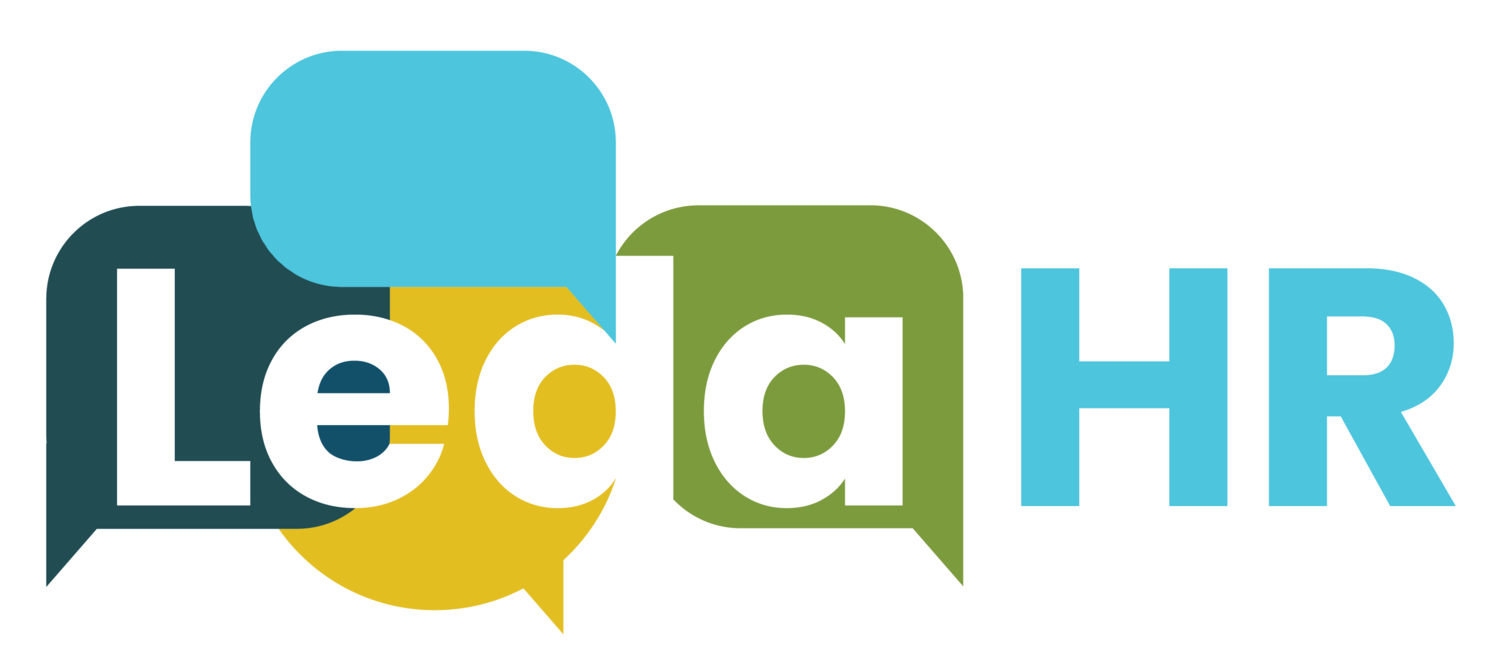Four Truths About Diversity, Equity, and Inclusion Work
By Kristin Bower
This week marks four years since I held my breath and took a leap of faith into the great unknown. After over a decade of working inhouse and leading diversity, equity, and inclusion (DEI) at a wonderful organization, I was feeling a pull to try something new.
Four years later I know that my decision was the right one. Scary as heck. But the right decision.
Timing wise, it was pretty much the perfect time to start a DEI consulting practice. In the last few years have seen the #MeToo movement sweep the world, the World Health Organization declare burnout an “occupational phenomenon,” a global pandemic turn workplaces upside down, a steep rise in mental illness, increased racism against Asians and antisemitism, the discovery of unmarked graves at Residential Schools across Canada, and the resurgence of Black Lives Matter.
Things that have been going on for years and years – that were often invisible to those who didn’t experience them – were being thrust into the spotlight.
And, sadly, we have seen more division in societies with the increase in autocracies over democracies around the world and far right sentiment increase in North America.
Phew! It’s a lot, to put it mildly. It’s enough to make anyone want to curl up in a ball and never leave home again.
After four years as a consultant (and over a decade dedicated to DEI) here are four things that I know to be true:
1. Everyone is Somewhere
Everyone and every organization are somewhere on the DEI path. And that’s OK. We have to start someplace and recognizing that we are all at different spots on that spectrum of understanding of DEI is an important thing for those leading DEI initiatives within organizations.
Often, we will place a good or bad value on where we might be on that spectrum. It’s much healthier to adopt a growth mindset and think of this in terms of unaware and aware. When we become aware, we can work to become more inclusive and equitable, both as individuals and within organizations.
One size does not fit all and that means that providing learning opportunities that meet people where they are (yes, another cliché but true!) and preparing yourself to respond to everything from objections to acceptance will help to set you (and your employees) up for success over the long haul.
2. Psychological Safety or Bust
If there is one thing to invest in in your workplace it’s this: psychological health and safety. Period. It’s what underpins everything else. As Dr. Bill Howatt said in The Chronicle Herald in December 2019, “Psychological safety is a culture where everyone feels welcomed and safe.”
Safety is knowing that you can share a different perspective or idea in a team meeting without risking your job. It’s knowing that you don’t have to mask or downplay a significant part of yourself to “fit in.” Actively avoiding interpersonal risk-taking takes too much energy, energy that can be better spent participating in the workplace.
Fun fact: Canada has The National Standard for Psychological Health and Safety in the Workplace (the Standard); the first of its kind in the world, it’s a set of voluntary guidelines, tools and resources intended to guide organizations in promoting mental health and preventing psychological harm at work.
Psych safety is a crucial piece of the puzzle when creating workplace cultures of inclusion, belonging and equity.
3. It’s Got to Get Uncomfortable
There is a saying that goes something like this: What if that discomfort is growth? To learn something new we must allow ourselves to feel a little bit uncomfortable.
Think about a time when you did something for the very first time. Maybe it was your first day in a new job or when you learned how to ride a bike. I bet it was uncomfortable.
And one of the things that we as humans can feel SUPER uncomfortable about is being wrong. We don’t like it. Our brains, in fact, are hardwired to fight against it. That’s why confirmation bias is so powerful – we actively seek out information that will tell us we are right to avoid feeling cognitive dissonance.
A question that my consulting partner and I often pose during our DEI workshops is this, “Are you prepared to be wrong about what you believe to be true?” Sit with that one for a sec – uncomfortable?
Challenging our beliefs and biases and working to disrupt the status quo can be uncomfortable at the least and scary at the most. But we gotta do it to grow.
4. It’s Hard But It’s Worth It
I spend a lot of time speaking with employees and leaders in focus groups as part of DEI reviews. I hear great things that give me hope. I also hear things that make my stomach flip: stories of sexism, racism, and homophobia. I have had people break down in tears and then apologize to me and their colleagues for their display of emotion.
THIS is why I do this work. It sucks (to put it simply) to bear witness to another person’s pain. But it’s also a privilege to gain that trust. It breaks my heart every time I hear something hard, but I keep at it because every person – every single on of us - has a right to full participation in society and in the workplace.
Building a small business during a pandemic is hard. Building a business whose mission is to create stronger human connection during this time has been, let’s just say, difficult.
At a time when we hear more and more about “DEI fatigue” I get it. This work can be exhausting. AND I wouldn’t choose any other work.
In the words of Maya Angelou, “In diversity there is beauty and there is strength.”

